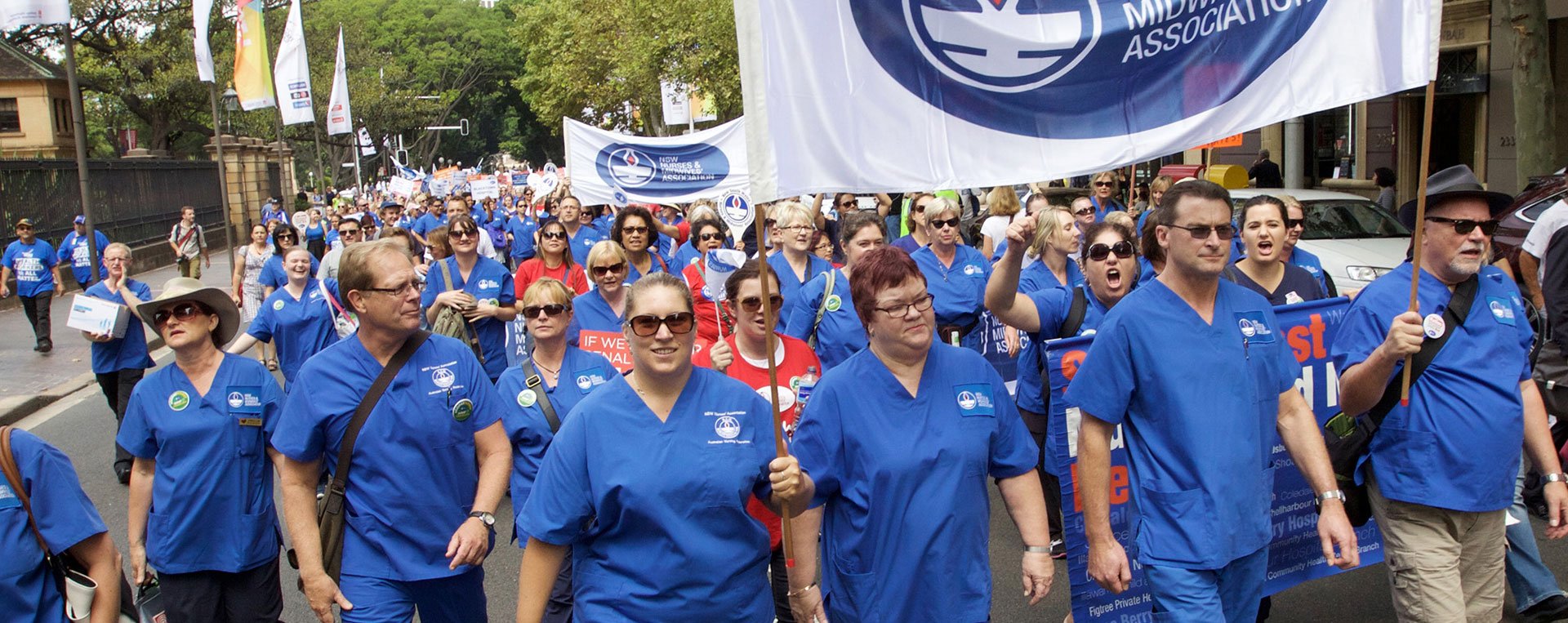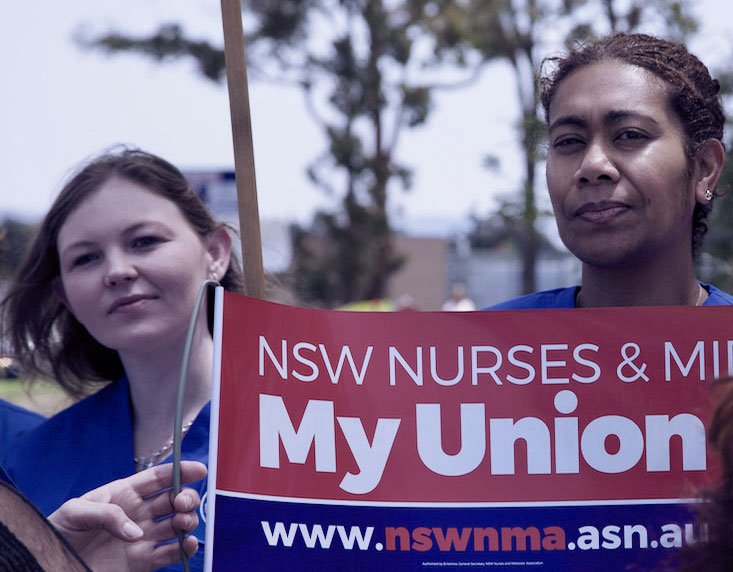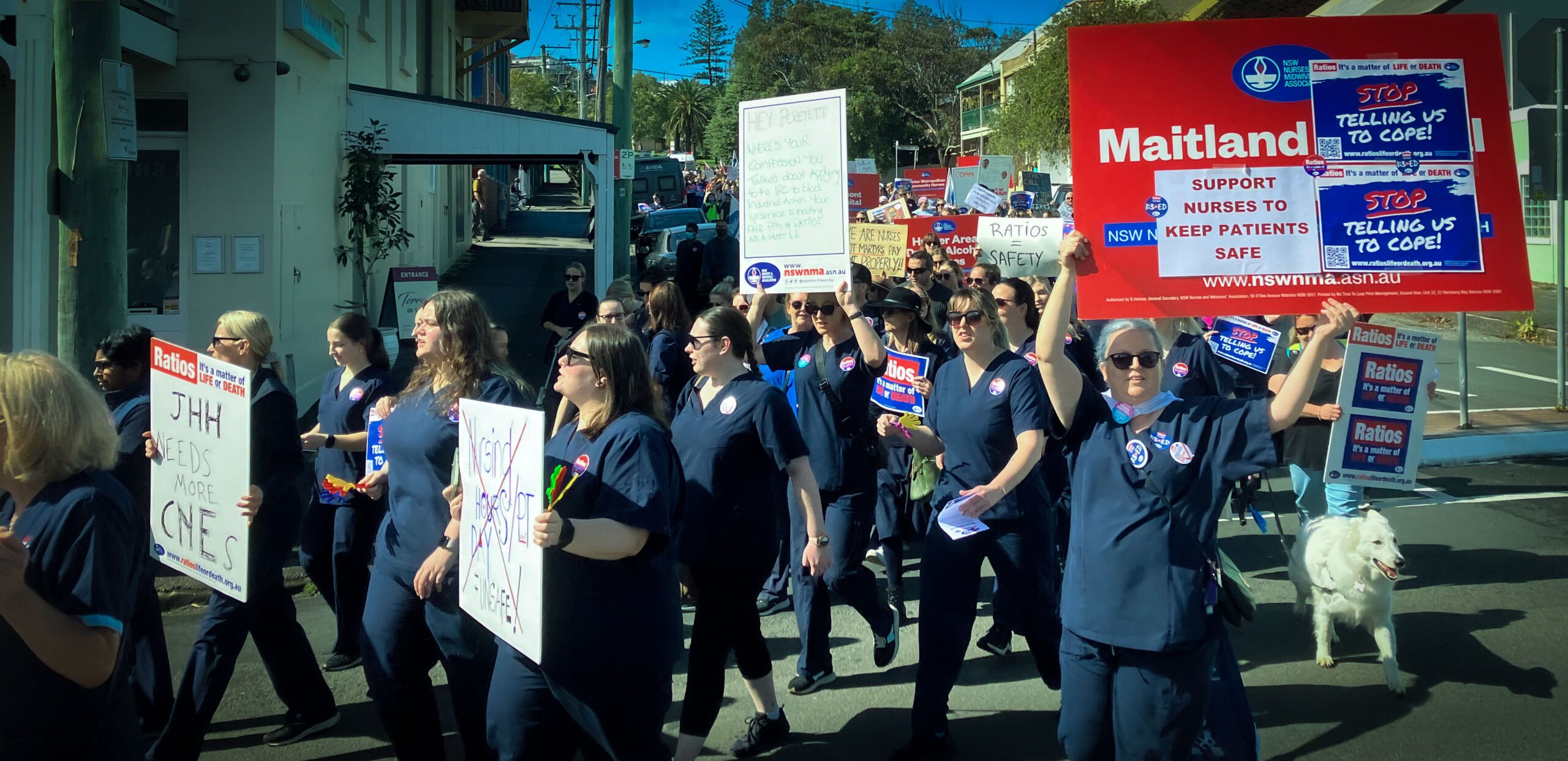The NSW Nurses and Midwives’ Association (NSWNMA) welcomes the introduction of a draft bill to the NSW parliament today, which aims to give those suffering from terminal and incurable illnesses the ability to die with dignity.
NSWNMA General Secretary, Brett Holmes, said nurses and midwives had expressed support for a compassionate law to be introduced in NSW for many years.
“In light of the latest voluntary assisted dying bill, drafted by Independent MP Alex Greenwich, we surveyed our members and found the majority agree people suffering from a terminal illness should have choice,” said Mr Holmes.
“Of the 2,561 survey respondents, over 83% indicated having professional experience in providing care to adults diagnosed with a terminal illness. Over half of those respondents said they had been asked by a terminally ill patient for assistance to end their life.
“This is a topic that comes up for a majority of these nurses in their day-to-day practice.”
The survey also revealed almost 87% of respondents supported the introduction of legislation similar to laws passed in Victoria, Western Australia, South Australia, Tasmania and Queensland.
Earlier this year, NSWNMA delegates endorsed an updated position supporting legislative change, noting the nine previous attempts to introduce voluntary assisted dying laws in NSW.
“Nurses and midwives have a duty of care to patients, and we acknowledge people with a terminal or incurable illness should have the right to choice at the end of their life,” added Mr Holmes.
“We understand not everyone agrees with voluntary assisted dying, but we will support members who exercise their conscientious objection, and this has been accommodated in the draft bill. Our membership is diverse and all their opinions are respected.
“This legislation ensures everyone has access to palliative care options and we will continue to demand proper resourcing, including the availability of suitably qualified nurses. Nurse Practitioners and registered nurses who choose to participate in voluntary assisted dying must be provided with education and protection for their work.
“Like everyone, we’ll be keeping a close eye on the debate, but we encourage all parliamentarians to support this important legislative reform.”








